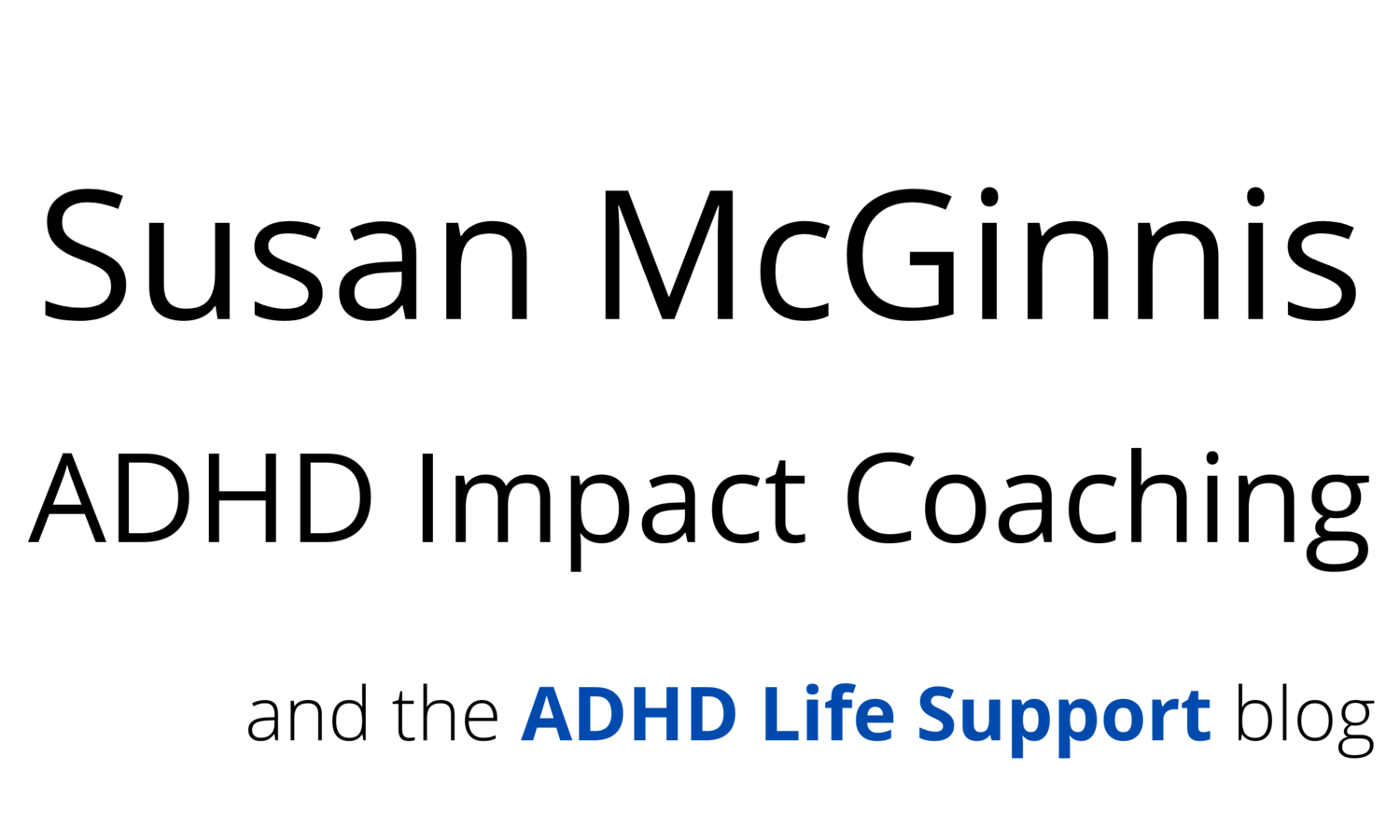Diagnosing Low Mood : Depression, Anxiety, or ADHD?
"She was unhappy. There was no acute problem, and she was not bitterly unhappy. She did feel chronically anxious, and she complained of a vague feeling of despair."
This passage, from Driven To Distraction by Ed Hallowell and John Ratey, describes the kind of "low mood" that shows up again and again in the accounts of individuals diagnosed eventually with ADHD; it is also marked by restless irritability, self-deprecation, inactivity, or, conversely, stimulation-seeking behaviors.
Even though the "low mood" described above does not look like clinical depression, the word "depression" is still used rather generically in ADHD literature; this can overshadow the strong relationship between a particular kind of low mood and ADHD.
"Dysthymia" might be a better descriptive term than depression or anxiety, if it were used more commonly, and associated more strongly as a possible indicator for ADHD.
Not to eliminate depression or anxiety from consideration or treatment— but my suggestion is that a complaint of general unhappiness, anxiety, or negative or hopeless feelings, is a good reason - along with feelings of overwhelm - to evaluate for ADHD.
ADHD is a life-long condition that deserves treatment and supportive interventions. Without the correct ADHD diagnosis and medication, frustration and self-blame will escalate and self-esteem will plummet.
The truth is, the medications prescribed to treat ADHD have proven effective for the mood dysfunction behind so much of problematic ADHD behaviors. It is a sad malpractice that there is so much resistance to stimulant medication, which is likely due to not understanding the neurochemical nature of ADHD. We don’t tell diabetics to tough it out without insulin; we widely support anti-depressant medication, commonly SSRI’s, or selective seritonin (a neurotransmitter) reuptake inhibitors.
A good source of information on how ADHD medication works is Ari Tuckman's Integrative Treatment for Adult ADHD:
"The stimulants, commonly known as Ritalin (Methylphenidate) and Adderall (Amphetamine) work to block the reuptake of dopamine and norepinephrine, resulting in more neurotransmitter available in the synapse to activate the postsynaptic receptors. However, amphetamine also causes the presynaptic neuron to release additional neurotransmitter, resulting in even more neurotransmitter in the synapse (Prince et al, 2006)"
Driven to Distraction, 2011 ed., Edward M. Hallowell, M.D. and John J. Ratey, M.D., p.101.
Integrative Treatment for Adult ADHD, A Practical, Easy to Use Guide For Clinicians, c 2007, Ari Tuckman, Psy.D., MBA, p.116.
